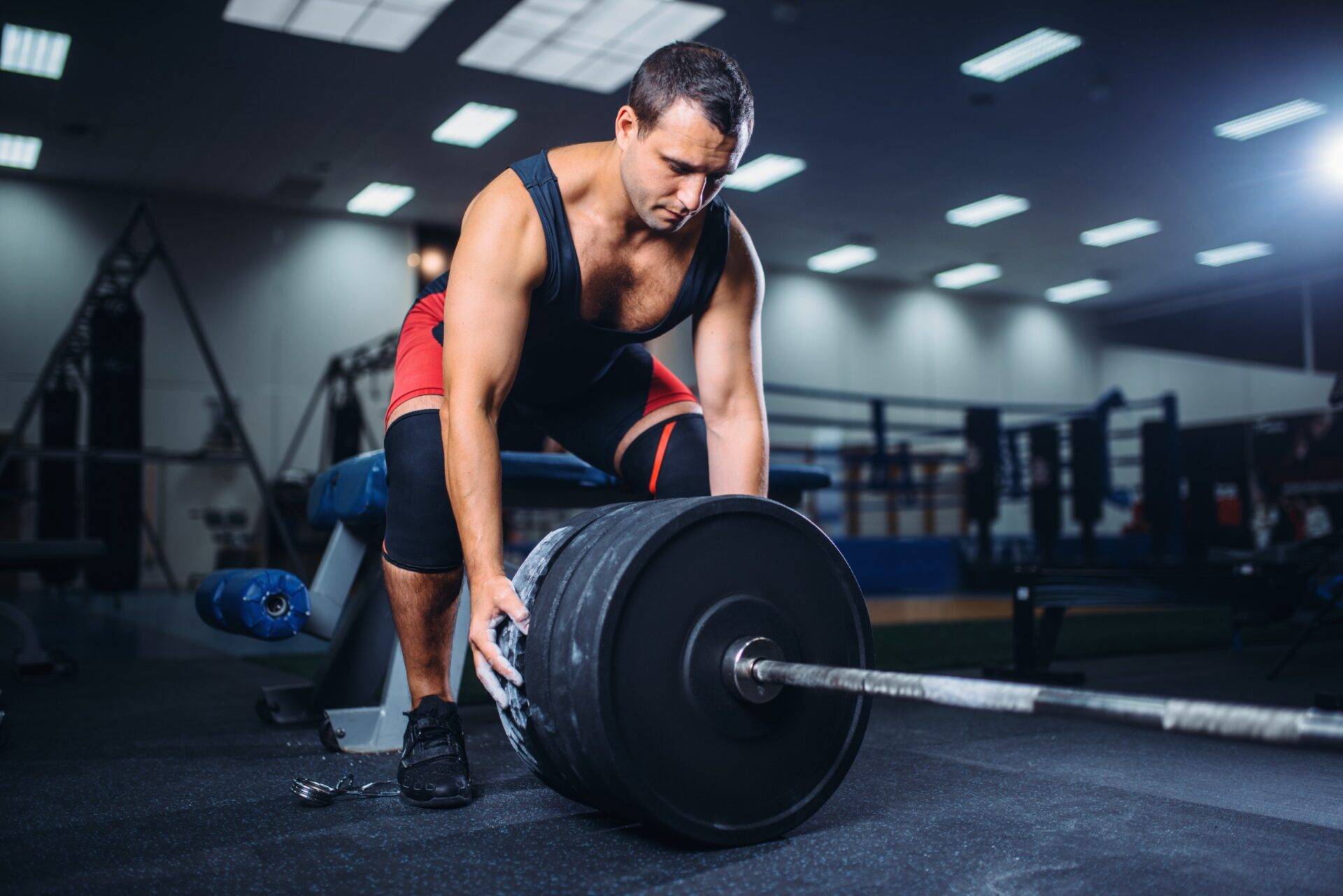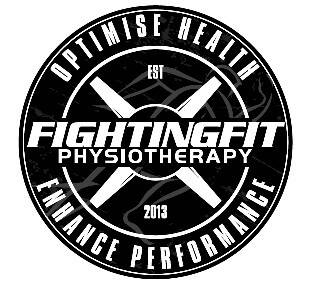The Importance of Strength and Conditioning for Specialised Athletes
No matter what your sport of choice is, whether it’s running a marathon, going for gold in the Olympics or dominating on the football field, strength and conditioning training should be an essential part of every specialised athlete’s routine.
From faster foot speed to improved endurance to increased power output—strength and conditioning can help any athlete become the very best version of themselves.
Strength training has numerous benefits that make it appealing; it provides coordination between muscles along with an abundance of physical health benefits as well as mental ones!
In this blog post, we will discuss why strength and conditioning for specialised athletes are so important and how having a proper program that includes these activities can benefit everyone from beginners up to pro-level competitors.
Understanding the Basics of Strength and Conditioning for Specialised Athletes
For athletes in specialised sports, such as gymnastics or powerlifting, having a strong and conditioned body is essential to success. Understanding the basics of strength and conditioning can provide these athletes with the tools they need to reach their full potential.
Strength training involves using resistance to build muscle and increase overall strength, while conditioning focuses on proper cardiovascular health and endurance.
Combining these two practices can lead to increased performance on the field, in the gym, or on the court. Proper nutrition also plays a significant role in an athlete’s success, providing the body with the fuel needed to perform at their best.
By focusing on the basics of strength and conditioning, specialised athletes can achieve their goals and take their sports to the next level.
Building Strength to Enhance Performance for Specialised Athletes
Specialised athletes who want to enhance their performance must focus on building strength to reach their goals. Whether it’s endurance, power, or speed, strength training should be a crucial part of any athlete’s training regimen. Resistance training can help increase muscular strength, improve joint stability, and reduce the risk of injury. Additionally, strength training can help athletes maintain a healthy weight, which is essential for optimal performance.
A well-designed strength training program can provide immense benefits to athletes of all levels. By focusing on building strength, athletes can improve their overall performance and achieve their full potential in their respective sports.
The Benefits of Strength and Conditioning Training
Strength and conditioning training offers numerous benefits to specialised athletes. These benefits extend beyond merely improving athletic performance and fostering overall health and wellness.
- Improved Athletic Performance: A well-structured strength and conditioning program can boost an athlete’s power, speed, endurance, and agility. These improved physical attributes can enhance performance in various sports activities.
- Injury Prevention: Regular strength and conditioning training strengthens the body’s tendons, ligaments, and muscles, reducing the risk of injuries during athletic performances.
- Enhanced Metabolism: This form of training is effective in boosting the metabolic rate, which can aid in maintaining a healthy weight and body composition, crucial for optimal athletic performance.
- Better Coordination and Balance: Through various strength and conditioning exercises, athletes can improve their body coordination and balance, critical for many sports.
- Mental Toughness and Focus: The disciplined routine associated with strength and conditioning training can help athletes build mental strength, which is often as important as physical strength in competitive sports.
- Increased Longevity in Sports: Regular strength and conditioning training can help extend an athlete’s career by keeping them fit and reducing injury risks, allowing them to compete effectively for longer periods.
- Improved Recovery Rates: Athletes who undergo regular strength training often experience better recovery rates post-performance, which is crucial for maintaining peak performance levels in competitive sports.
- In essence, strength and conditioning training is an integral component of an athlete’s training regimen, significantly contributing to their success and longevity in sports.
- Strategies for Structuring a Strength and Conditioning Program
Creating an effective strength and conditioning program for specialised athletes involves a strategic approach that considers the specific needs and goals of the athlete. Here are some strategies to consider:
- Assessment and Goal Setting: The first step in creating a strength and conditioning program should be an assessment of the athlete’s current fitness level and performance abilities. Establishing clear goals based on this assessment is crucial for measuring progress and maintaining motivation.
- Individualisation: Strength and conditioning programs should be tailored to each athlete’s specific needs, taking into account their sport, position, current physical condition, and performance goals.
- Balance: An ideal program should include a mix of both strength training and cardiovascular conditioning. The ratio of these components can be adjusted based on the athlete’s individual needs and sport-specific demands.
- Progressive Overload: To encourage continuous improvement, the program should gradually increase the intensity, volume, or complexity of the exercises.
- Recovery: Incorporating adequate rest and recovery periods into the program is critical to prevent overtraining and promote muscle regeneration.
- Nutritional Guidance: Proper nutrition is an integral part of any strength and conditioning program. Athletes should receive guidance on a balanced diet that supports their training regimen and performance goals.
- Regular Monitoring and Adjustment: Regularly evaluate the athlete’s progress and adjust the program as necessary, considering factors such as performance improvements, feedback from the athlete, and changes in goals or circumstances.
By incorporating these strategies into a strength and conditioning program, specialised athletes can effectively enhance their performance, reduce injury risks, and achieve their sporting goals.
Avoiding Injury During Training for Specialised Athletes
Preventing injury is crucial for specialised athletes, as injuries can derail training, impede performance, and potentially end careers. Here are some strategies to prevent injury during training:
- Warm-Up and Cool-Down: Start every training session with a warm-up to prepare the body for exercise and end with a cool-down to help the body recover. It can increase flexibility and blood flow, reducing the risk of injuries.
- Proper Technique: Always use the correct form and technique during training. Incorrect techniques can put unnecessary stress on muscles and joints, leading to injuries.
- Listen to Your Body: Athletes should pay attention to their body’s signals. Pain, discomfort, or fatigue can indicate that the body needs rest, and ignoring these signs can lead to injuries.
- Regular Rest: Rest is an essential part of training that allows the body to recover, repair tissues, and build strength. Overtraining, without adequate rest, can lead to various injuries.
- Stay Hydrated: Staying hydrated can prevent muscle cramps and maintain the body’s general health, reducing the risk of injuries.
- Wear Appropriate Gear: Depending on the sport, using the right equipment (like shoes, protective gear, etc.) can significantly reduce the risk of injury.
By applying these strategies, specialised athletes can significantly minimise their risk of injury during training, allowing them to maintain a consistent training regime and reach their peak performance levels.
About Us
If you are looking for a certified and reliable physiotherapy clinic in Nerang, you don’t need to look further than Fighting Fit Physiotherapy. We are a team of professional practitioners specialising in physiotherapy, exercise physiology, strength and conditioning.
We have both strength & conditioning coaching for athletes and use the principles of strength and conditioning training to improve our patient’s physical preparation for everyday life and return them to their peak following injury!
We take pride in providing our patients with the best care to help them achieve their fitness goals.
You can reach us at 0402 938 661 or fill out our contact form to know more about what we do.
Book an appointment today to start your recovery and fitness journey with us.
Fighting Fit Physiotherapy provides the ultimate physiotherapy experience! No matter what type of injury or condition you suffer, we strive for all our patients to be ‘fighting fit’ and achieve peak performance in their sport and everyday life.


